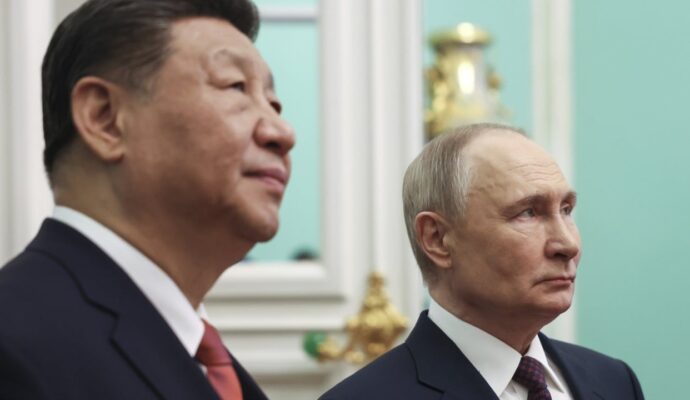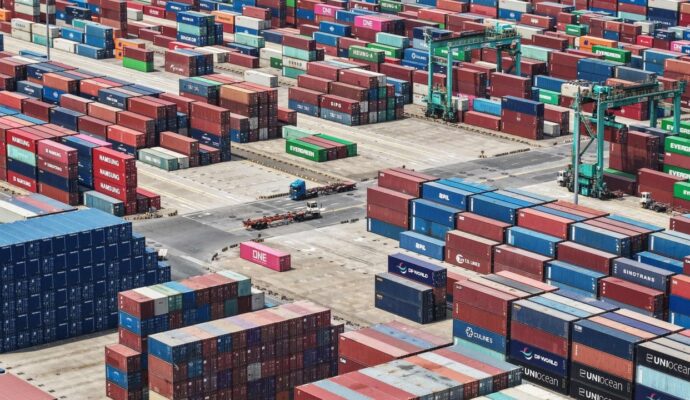
In the latest bid by local-level authorities in China to retain foreign investors and lure more of them to the world’s second-largest economy, Beijing city intends to ease up on strict capital controls and establish a fast-track mechanism to review cross-border data flows.
Foreign investment-related funds will be allowed to freely flow in or out, and without delay, if such transactions are “authentic and compliant [with Chinese regulations]”, according to a draft regulation released by the Beijing Municipal Commerce Bureau on Wednesday.
Meanwhile, the legitimately earned revenue of foreign, Hong Kong, Taiwan and Macau employees, including salaries and other income, would be allowed to be transferred overseas.
China’s foreign investors concerned over tightening grip on national security
China’s foreign investors concerned over tightening grip on national security
City authorities are soliciting public feedback on the proposal until October 20.
“This is needed to expand institutional opening-up … and to create a more transparent, stable and predictable business environment,” the bureau said in an online statement.
The move comes as China is trying to curb an exodus of capital – seen both in equity markets and greenfield investment – amid a slumping domestic economy and rising geopolitical tensions.
Advertisement
But Ding Shuang, chief Greater China economist at Standard Chartered Bank, described the move as “just a reassurance”.
“If China wants to keep or further attract more foreign investment, it needs to give investors more certainty – including more transparent policies and fulfilling the promises it has made in the past,” Ding said.
Foreign businesses have long complained about the uneven playing field in China, and in recent years their list of gripes has grown to include the country’s disruptive Covid controls, China-US tensions and policy uncertainties concerning anti-espionage and data-security laws. Strict capital controls have also long been viewed as an obstacle to investing in China.
January-July foreign direct investment dropped by 9.8 per cent, in US-dollar terms, from a year earlier to US$111.8 billion, according to the Ministry of Commerce.
August also saw the biggest-ever monthly outflow of overseas investment from the A-share market, according to the US-based Institute of International Finance.
Advertisement
The capital city also plans to set up a fast-track mechanism for outbound data and will make a list of data that can flow freely, the draft regulation said.
Negative economic sentiment haunts China’s portfolio inflows, FDI to contract
Negative economic sentiment haunts China’s portfolio inflows, FDI to contract
US firms also reported the lowest optimism over China’s economic prospects because of regulatory uncertainties, deteriorating bilateral relations and escalating geopolitical risks, according to a survey released by the American Chamber of Commerce in Shanghai this week.
Advertisement
China’s top leadership has been stepping up efforts in recent months to win back overseas investors.
Advertisement


